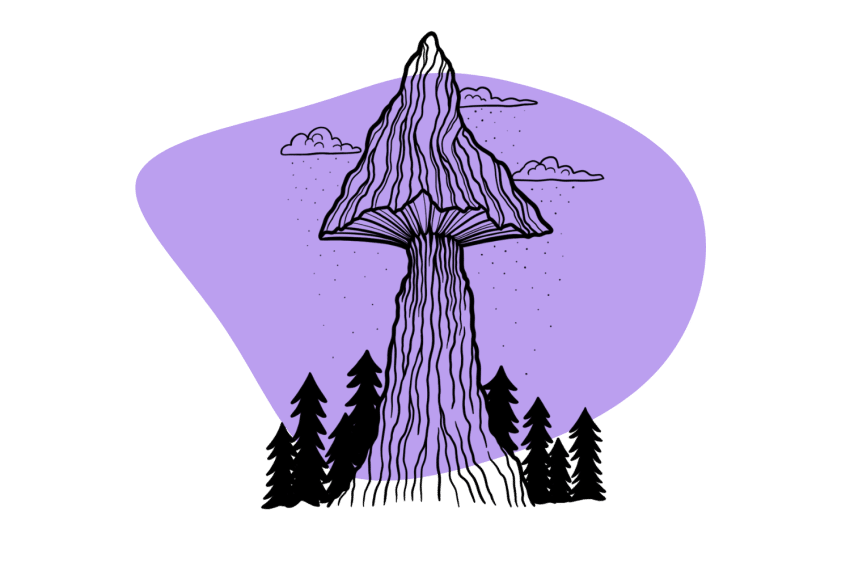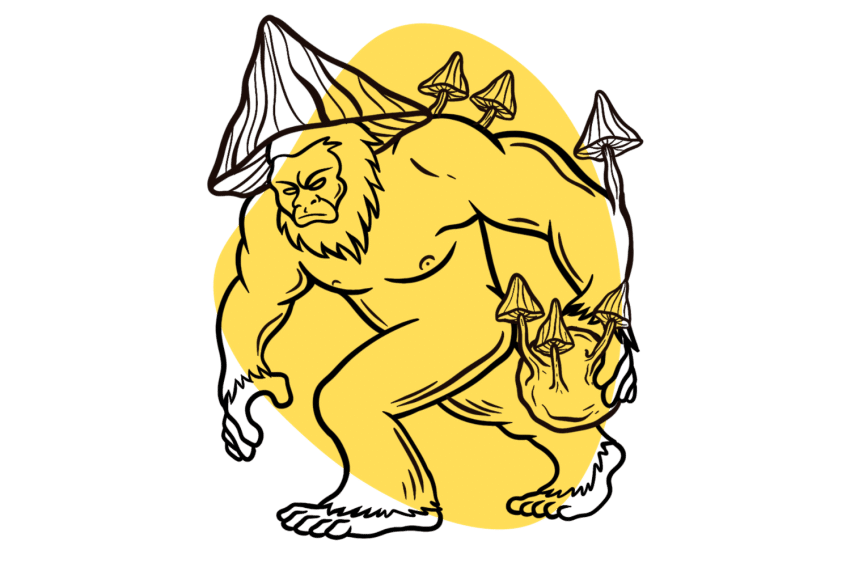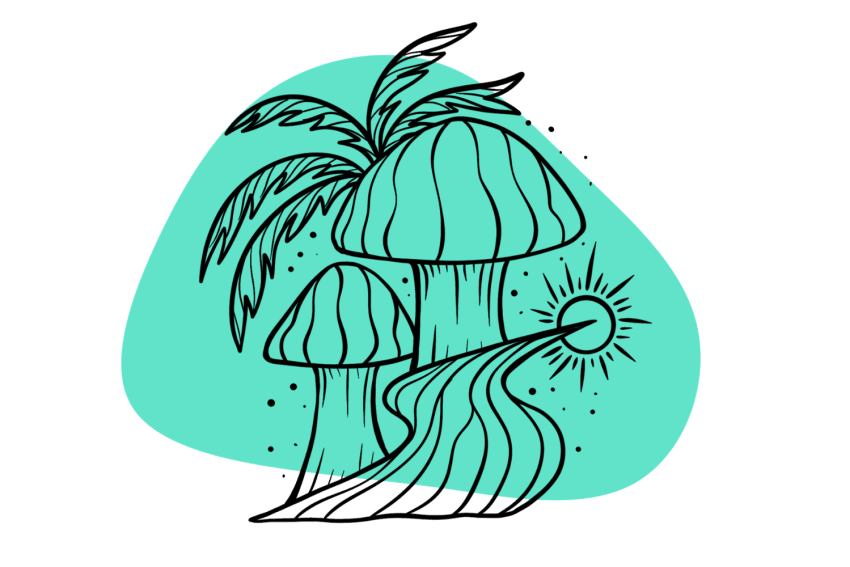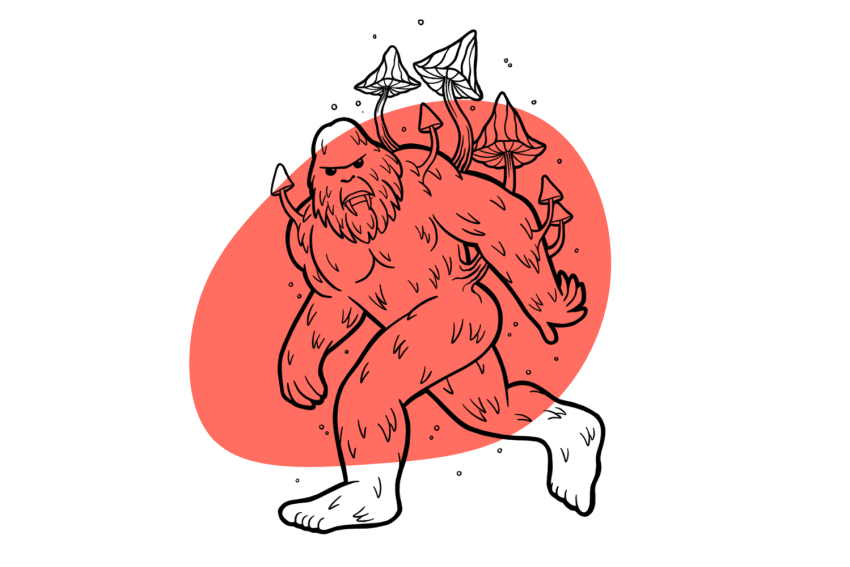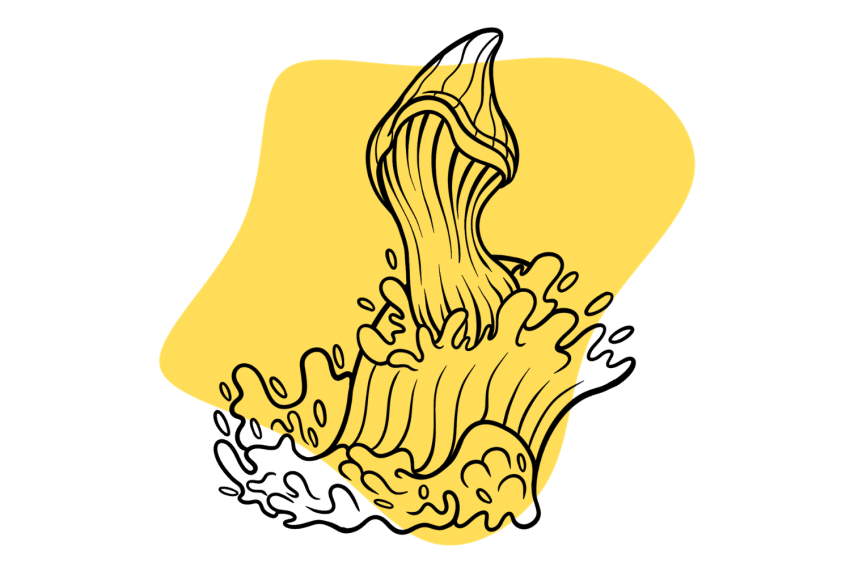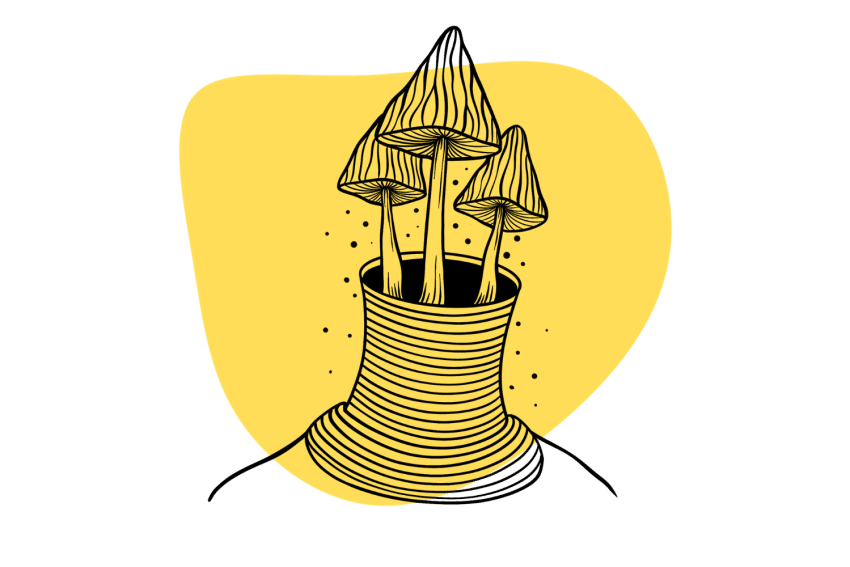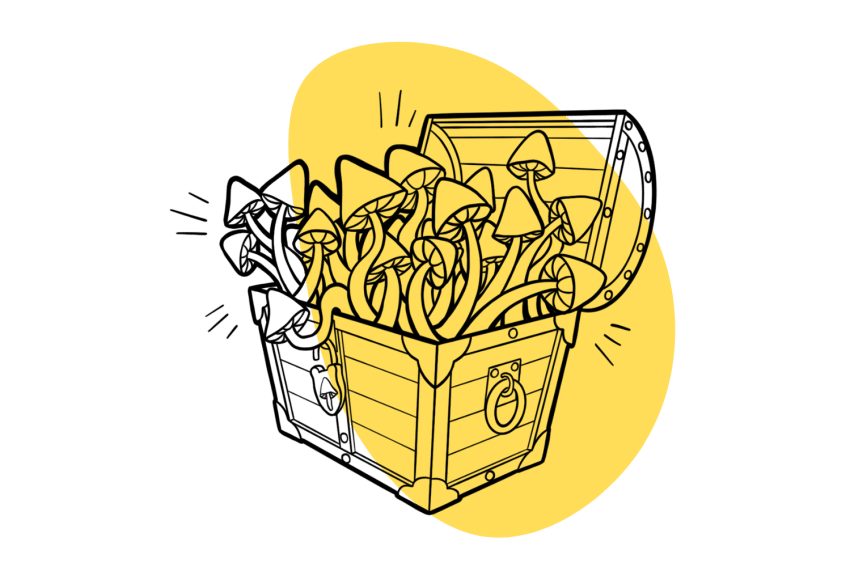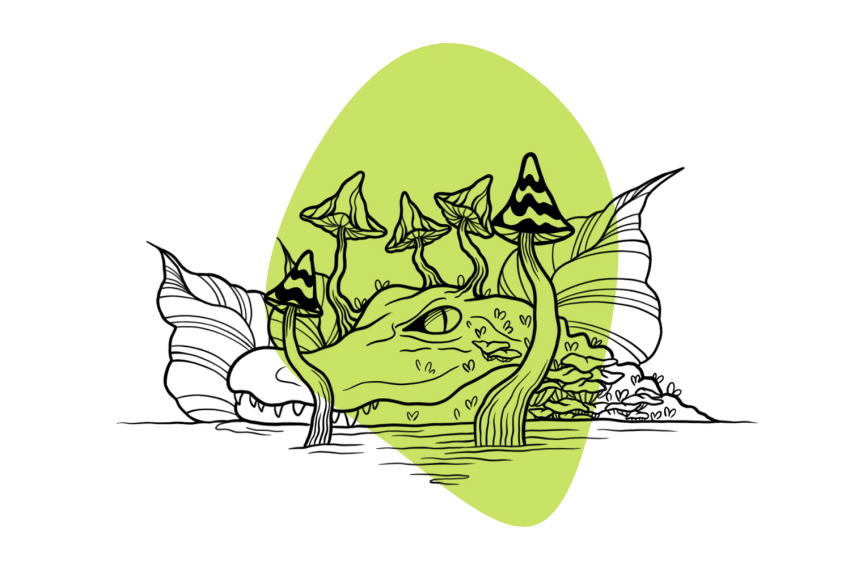Paraguay Shroom Strain: Surprisingly Underrated
The Paraguay magic mushroom strain boast some pretty impressive figures in terms of both the size of mushrooms and their fervent potency.
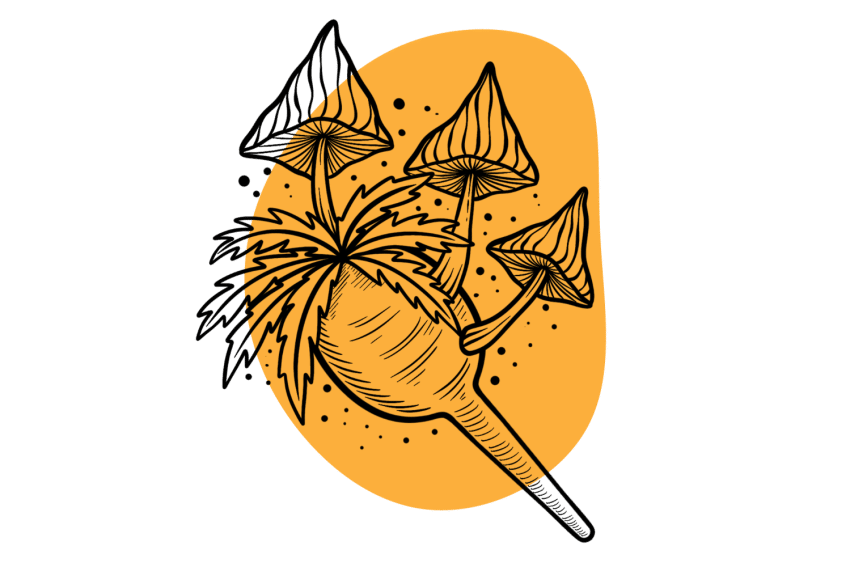
Paraguay shrooms are a strain of psilocybin mushrooms hailing from Paraguay. There isn’t much information about this strain, and it’s relatively hard to find — but it’s well worth it if you can get your hands on some. They’re surprisingly strong for a mushroom almost nobody ever talks about.
It’s believed that the Paraguay strain is a close relative of the Amazon strain. The Amazon strain was first isolated by the Hawaiian shroom company, Pacifica Exotica Spora, and sold under the name “PES Amazonia” (now just called “the Amazon strain”).
There’s also some speculation that the Paraguay strain and the Amazon strain contain genetics from another magic mushroom species: Psilocybe azurescens. This is also unsubstantiated, and some mycologists believe this is impossible — although it would explain the abnormally high potency inherent to all three of these strains.
The Psilocybe azurescens mushroom has an average potency of nearly twice the average of most Psilocybe cubensis (around 2% total tryptamines).
Paraguay Shroom Specs
| Potency | Above Average 💪 |
| Cultivation | Beginner |
| Species | Psilocybe cubensis |
| Substrate Recommendation | Rye Grain or Brown Rice Flour |
| Cost | $ |
| Sold By | Ralphsters Spores |
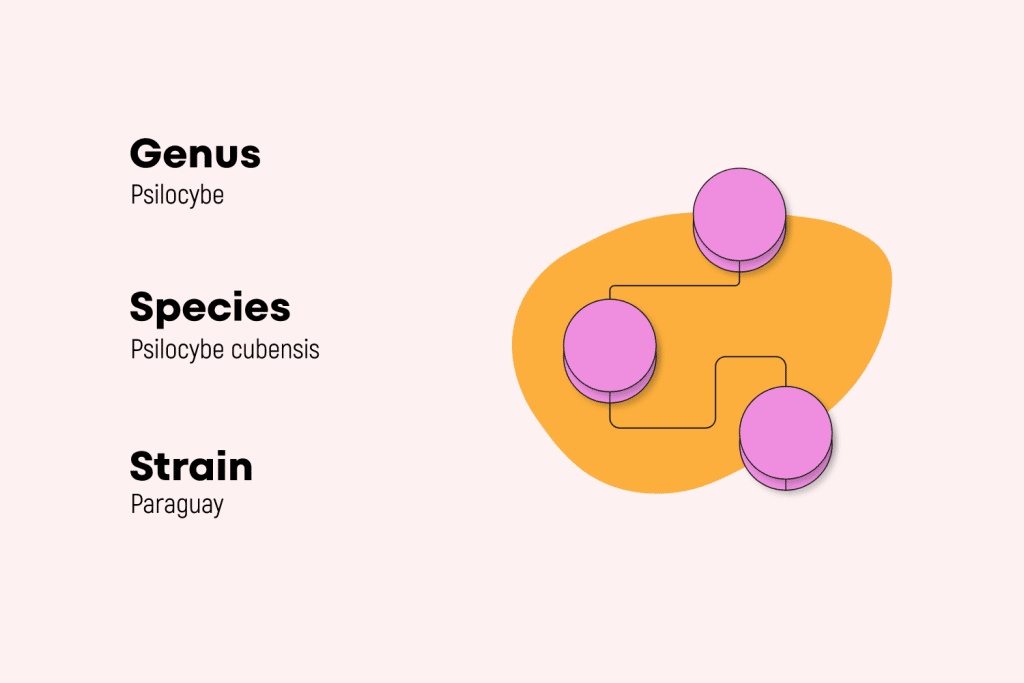
Paraguay Shrooms Potency & Psilocybin Content
Most users note that Paraguay shrooms are far more potent than most other strains and tend to produce intense visions.
The strain is particularly infamous for offering fervent visual hallucinations. As such, we can assume the potency is above average. With the typical tryptamine level hovering between 0.5% and 1% by weight, the likelihood is that the Paraguay strain has a potency between 1% and 3% — meaning it could contain as much as double the potency of what we consider average.
Remember, this is just an estimate. Levels can vary significantly from one mushroom to another. Even samples within the same strain can have substantially different potencies depending on cultivation and storage conditions.
We often turn to the Oakland Hyphae Psilocybin Cup results to get an idea of a strain’s potency.
Unfortunately, no Paraguay mushrooms have ever been entered in the Psilocybin Cup to date.
However, there have been entries for the closely-related Amazon strain — submitted by Mind Works Mushrooms. This sample contained a formidable 1.48% psilocybin and 0.37% psilocin, giving it a total tryptamine content of 1.85%.
Where to Buy Paraguay Shroom Spores
The Paraguay strain isn’t nearly as popular as it should be, given its high potency. It’s likely overshadowed by the Penis Envy strain and other heavy hitters for those looking for potent strains. Other strains that produce larger fruiting bodies are also more highly sought-after by cultivators. As such, very few vendors sell spores for the Paraguay strain.
If you live in the United States, your best option for procuring this strain is Ralphster’s Spores or Lil Shop of Spores.
If you live in Canada, you’ll have even fewer options. You can try Spores 101 or Sporeslab, but these vendors did not offer this strain at the time of writing.
If you live in Europe, you can try The Magic Mushroom Shop or Viking Spore, but this strain was also unavailable when we last checked.
Related: How & Where to Buy Magic Mushroom Spores (Legally).
How to Grow Paraguay Shrooms
Paraguay shrooms are known to be rapid colonizers, which means they can often outcompete mold and have a high resistance to disease and infection. This growth pattern, along with their above-average fruiting body size, makes these shrooms a somewhat popular choice among cultivators and especially beginners.
Additionally, these shrooms are known to produce fairly prolific first, second, third, and fourth flushes but can sometimes be slow to start.
Check out our complete magic mushroom growing guide for more information and guidance on the growing process.
Similar Strains
Since the Paraguay strain is somewhat hard to come by, many magic mushroom users and cultivators may need to look for alternative strains for a similar experience.
Here are the top alternatives to the Paraguay strain:
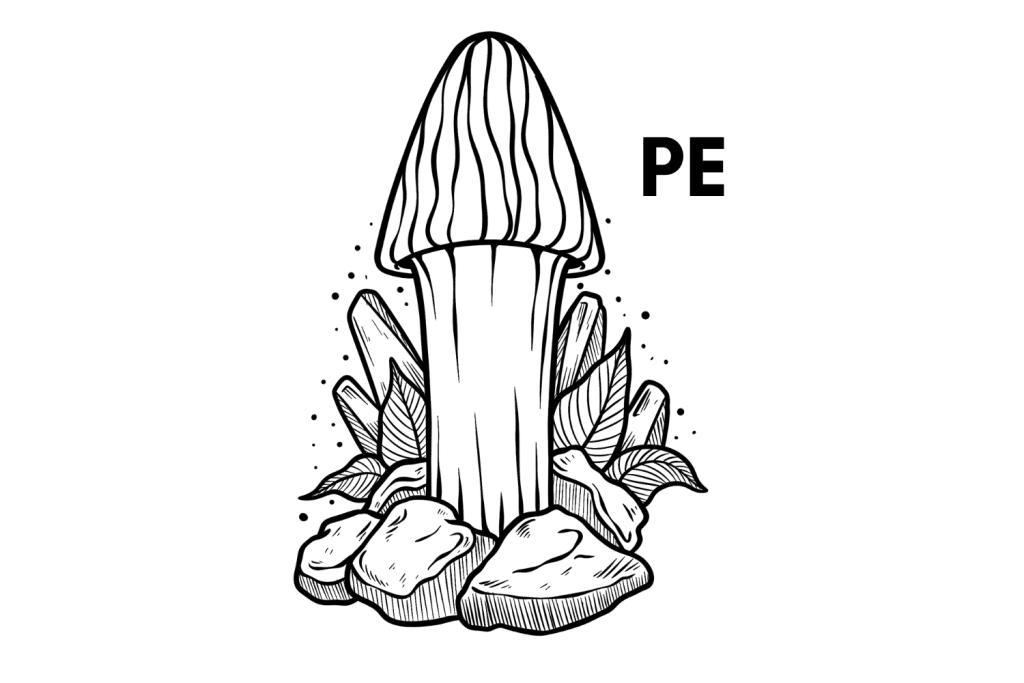
Penis Envy Shrooms
Penis Envy shrooms are one of the most highly sought-after strains for their high potency. The concentration of psilocybin and psilocin can often be double that of the Paraguay strain, so this strain is only a good option if you enjoy the experience of the Paraguay strain but feel you need a little more intensity.
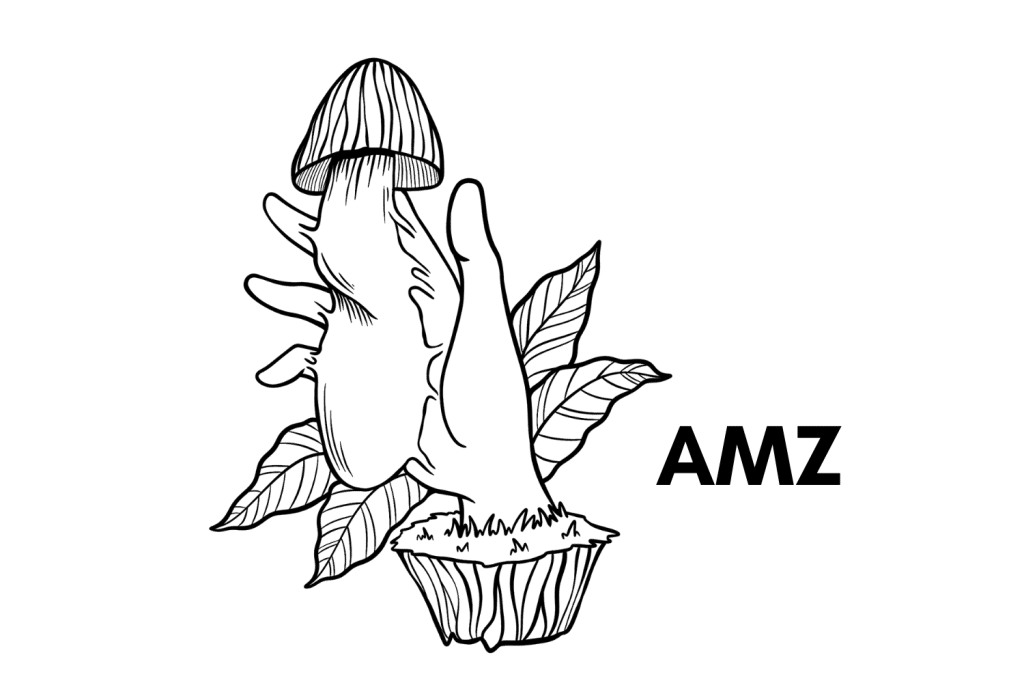
Amazon Strain
As mentioned above, the Amazon strain is believed to be a close relative of the Paraguay strain. These two have a similar potency and very similar physical characteristics and growing patterns. As such, this strain is a great alternative for users and cultivators alike.
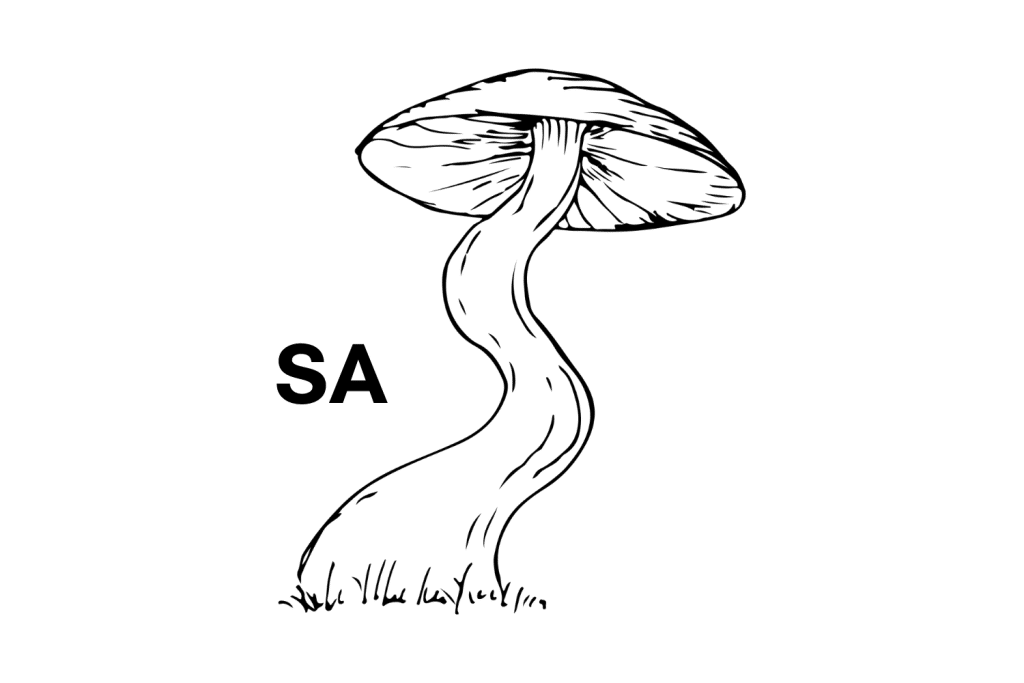
South American Strain
The South American strain is also believed to be a close relative of the Paraguay strain. Not only does this strain provide an above-average potency like Paraguay shrooms, but it also is a popular alternative for cultivators who love the massive size of the Paraguay strain.
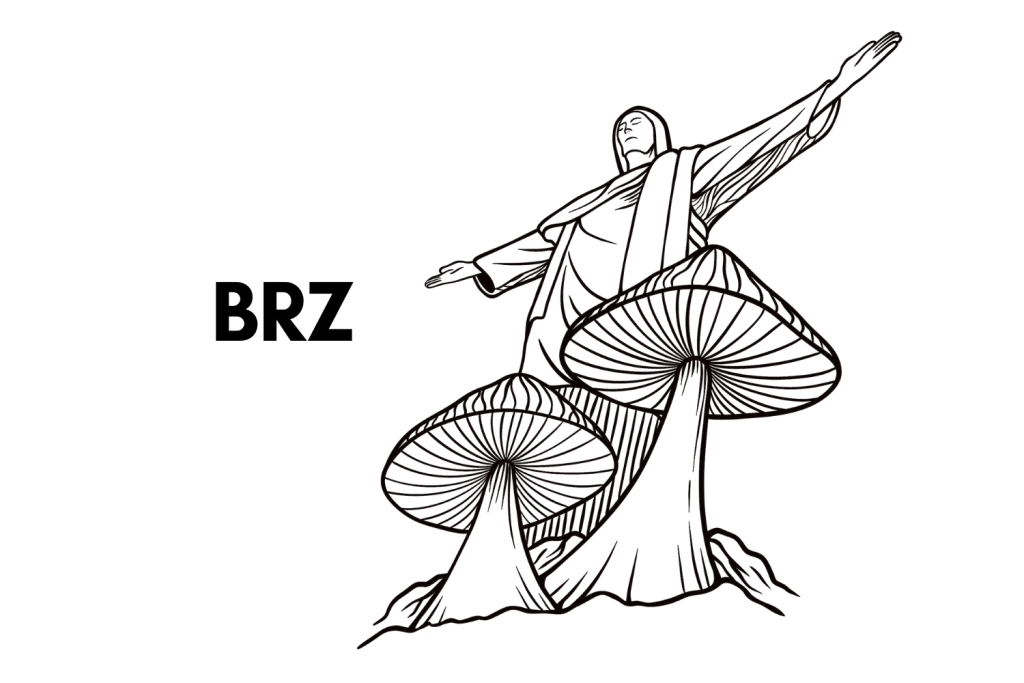
Brazilian Cubensis
The Brazilian strain also produces large fruiting bodies and has an above-average potency, making it an excellent alternative for cultivators. More importantly, this strain is also an aggressive colonizer like the Paraguay strain, so it’s equally as resistant to mold, making it relatively easy to grow.
Strains vs. Species: What’s The Difference?
A “strain” is a genetic sample of a mushroom that has been collected from the wild — or developed from another strain — and isolated in a lab setting. Each strain must have observable and repeatable characteristics that set it apart from other strains.
The term “species” refers to a classification of shrooms that typically includes many different strains, all of which have identical genetics. For example, there are hundreds of strains of Psilocybe cubensis shrooms, and differences between these and other species are more likely due to genes rather than growing conditions.
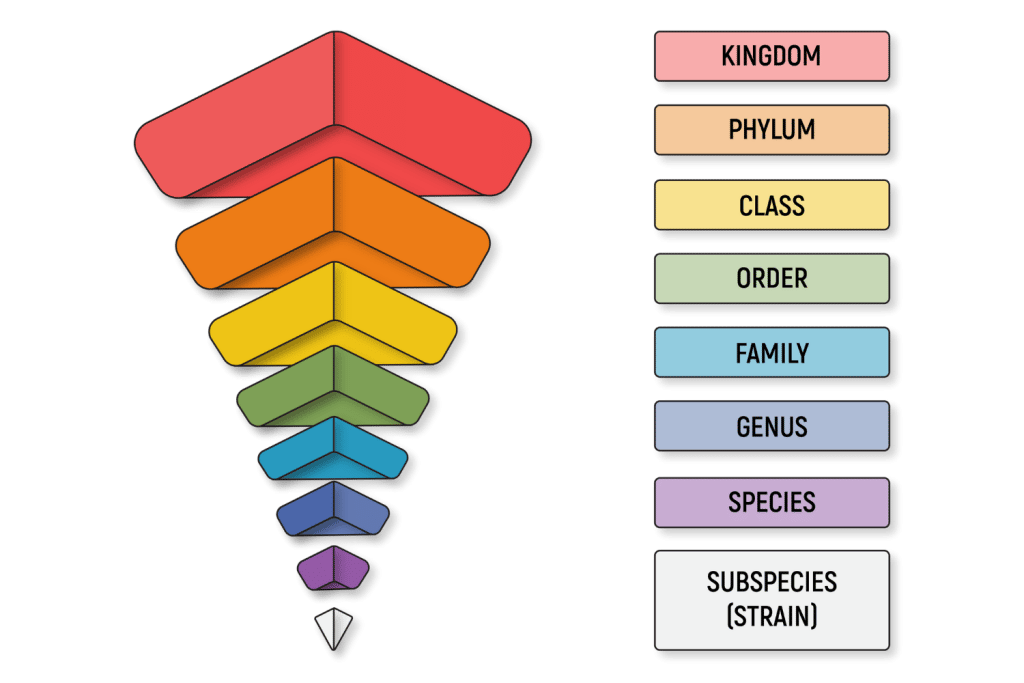
Humans use the term “strain” commonly for plants that we use for medicinal and recreational purposes, where minute differences matter to us. You might be familiar with dozens of cannabis strains, kava strains, or kratom strains, but they all belong to a single species.

